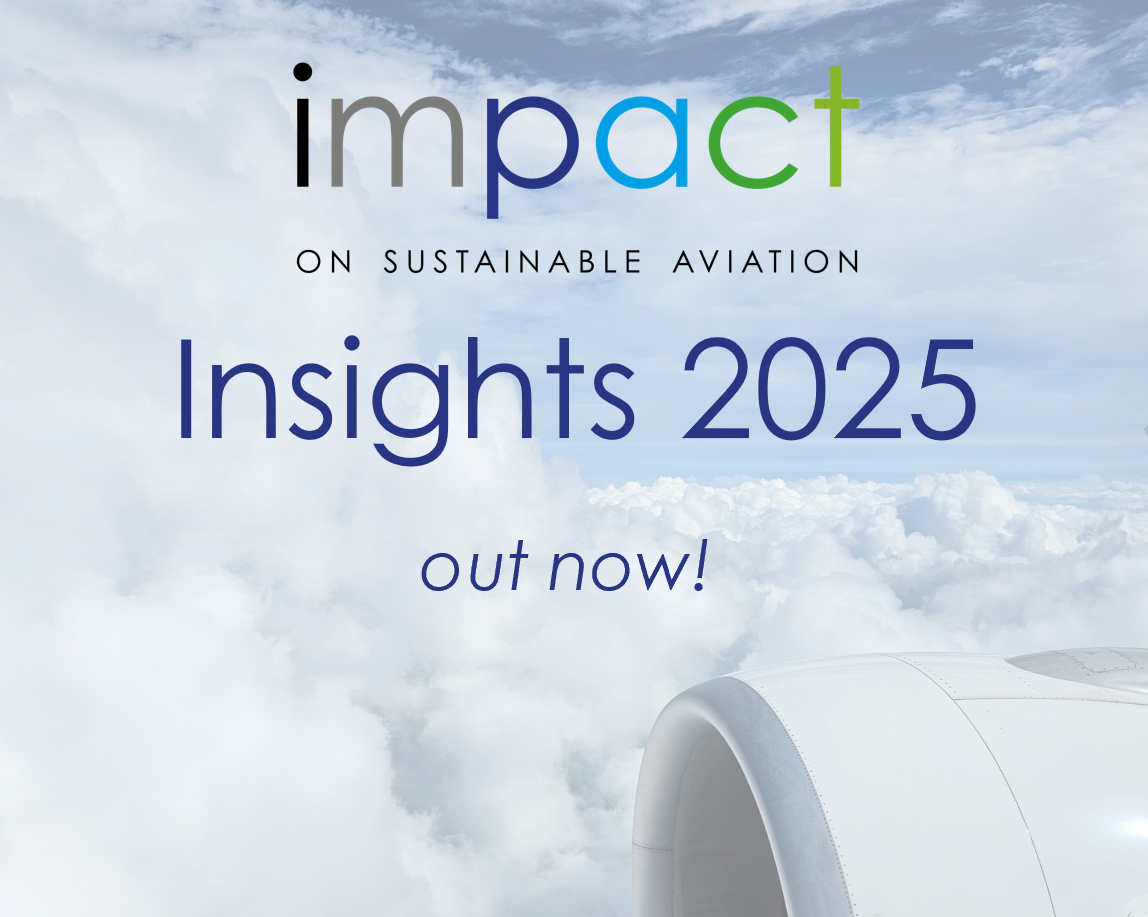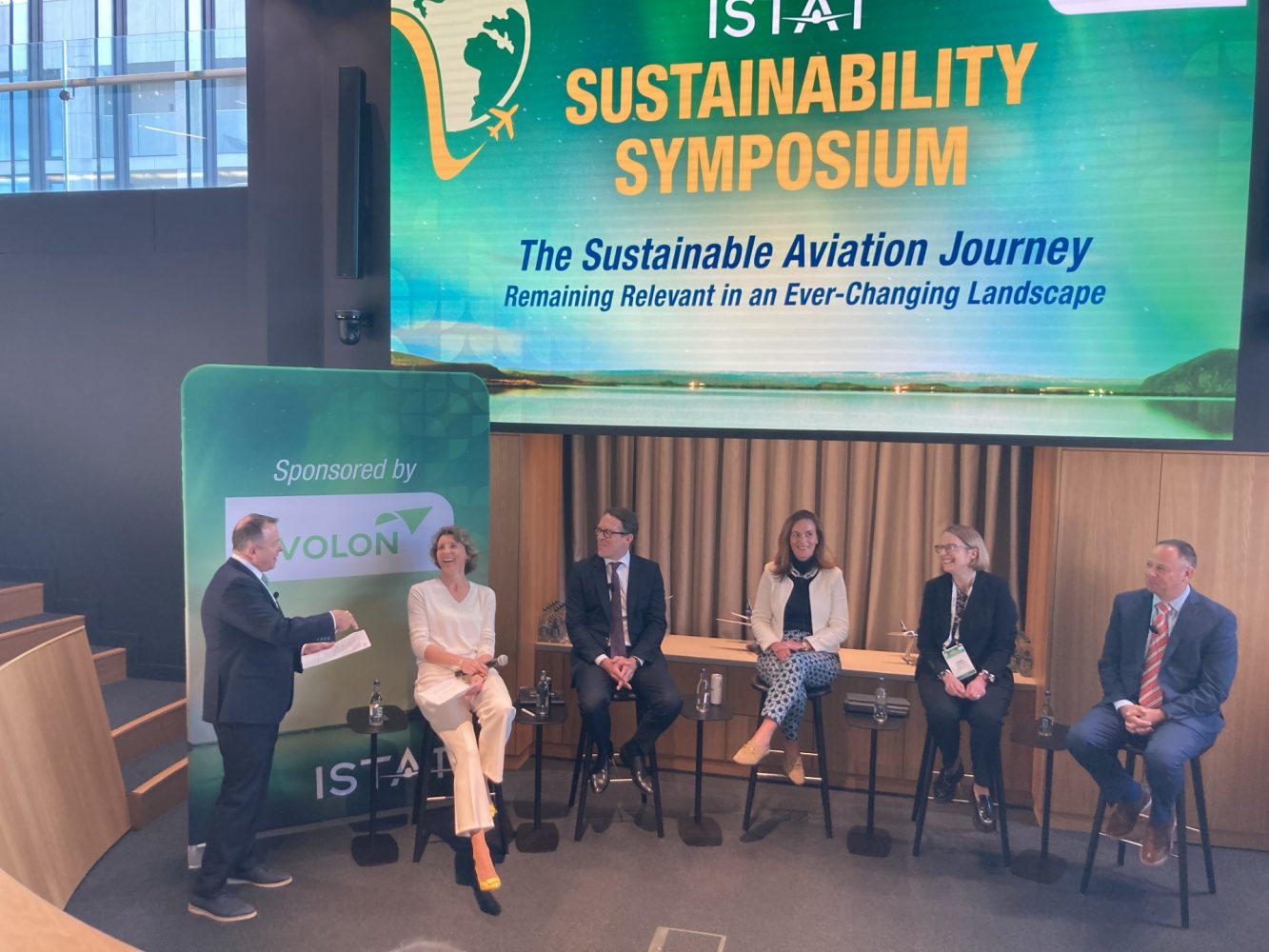Our mid-year report “impact – Insights 2025” is out! Enjoy an insightful read of articles, interviews and updates dealing with the trending topics in aviation sustainability!
🔗Download our “Insights 2025” report here!
This year’s edition of impact – Insights covers the full spectrum of challenges and innovations shaping aviation’s path to Net Zero. From SAF supply to financing, emissions to regulation—we break down the real forces reshaping our industry.
What’s inside?
🛢️ Sustainable Aviation Fuel (SAF)
- How a leasing company’s bold move into SAF production challenges the traditional role of lessors—outlier or visionary?
- Why the EU’s Sustainable Transport Investment Plan (STIP) could be pivotal to unlocking e-SAF offtakes
- What a detailed cost analysis reveals about compliance with ReFuelEU: “too expensive” isn’t the whole story
📈 Emissions Trends
- Aviation’s CO₂ emissions are now above 2019 levels—why efficiency alone isn’t enough
- Why airlines are still flying older, fuel-hungry twin-aisle aircraft—and what’s holding back fleet renewal
- Will the EU’s 20 million “free SAF allowances” meaningfully accelerate green fuel adoption?
🏗️ Finance & KPIs
- How airport sustainable finance is evolving to include aircraft emissions KPIs and Scope 3 targets
- We spotlight easyJet’s decarbonization strategy, bridging delivery gaps and transition challenges
🎤 Special features include
✨ Highlights from the ISTAT / impact Sustainability Symposium and
🚀 The Sustainable Aero Festival, where emerging tech, regulation, and business models converge
- Expert insights from our member-exclusive talks, reflecting the complexity and interdependence of aviation’s transition
The aviation transition is multi-layered, fast-moving, and interconnected—and impact – Insights 2025 is your guide to staying ahead of it.



